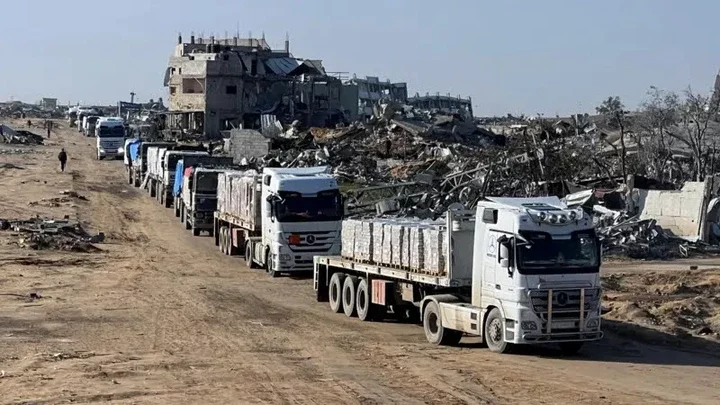
Hamas has reaffirmed its commitment to implementing the Gaza ceasefire deal with Israel, signaling hopes of averting renewed conflict. Following talks in Cairo with Egyptian and Qatari mediators, the group stated that obstacles hindering the agreement's progress would be addressed, though Israel has yet to formally respond. Mediators claimed gaps between the two sides had narrowed, emphasizing mutual commitments to sustain the truce.
The fragile ceasefire, active since January 19, faced strain this week as Hamas postponed hostage releases, accusing Israel of blocking agreed-upon humanitarian aid-a claim Israel denied. Israeli Prime Minister Benjamin Netanyahu warned that fighting would resume unless remaining hostages were freed by Saturday, echoing U.S. President Donald Trump's contentious call to cancel the deal unless all captives were returned. Confusion persists over whether Israel demands the release of all 76 hostages or only the three slated for this weekend.
Mediators intensified efforts to salvage the agreement, with Hamas leader Khalil al-Hayya meeting Egyptian officials in Cairo. Hamas stressed the need for Israel to permit critical aid, including shelters and medical supplies, into Gaza. Egyptian and Qatari media reported breakthroughs, with Al Jazeera noting approval for mobile homes and construction equipment to enter Gaza-a claim Israel dismissed as "fake news," insisting no such coordination occurred.
Under the deal's first phase, 33 Israeli hostages are to be exchanged for 1,900 Palestinian prisoners. Sixteen living hostages and five Thai nationals have been released, but 17 others-including women, children, and elderly men-remain in Gaza, with eight reportedly dead. Negotiations for the second phase, involving 43 more hostages, a full Israeli withdrawal, and a permanent ceasefire, remain stalled.
While the truce has enabled limited aid entry and allowed displaced Gazans to return north, the humanitarian crisis persists. Over 48,230 Gazans have been killed since Israel's offensive began following Hamas' October 7 attacks, which killed 1,200 Israelis. Gaza's infrastructure lies in ruins, with most residents displaced and essential services collapsed.
As mediators scramble to uphold the ceasefire, the stakes underscore both the urgency of resolving hostage disputes and addressing Gaza's dire needs to prevent further devastation.

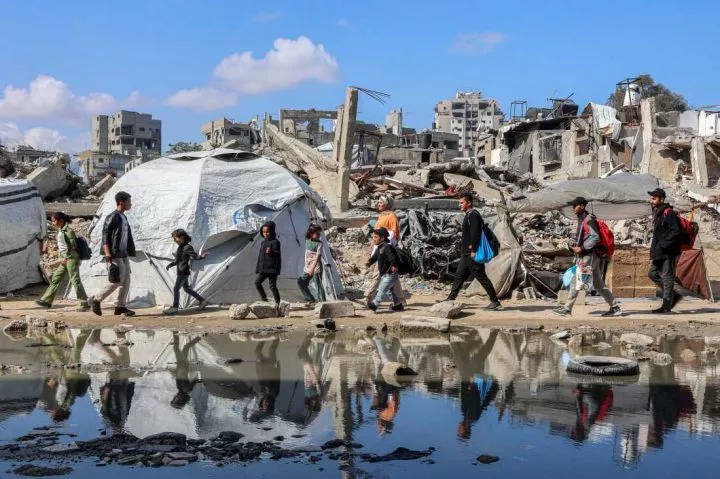
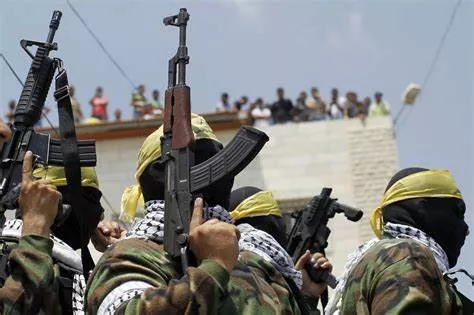
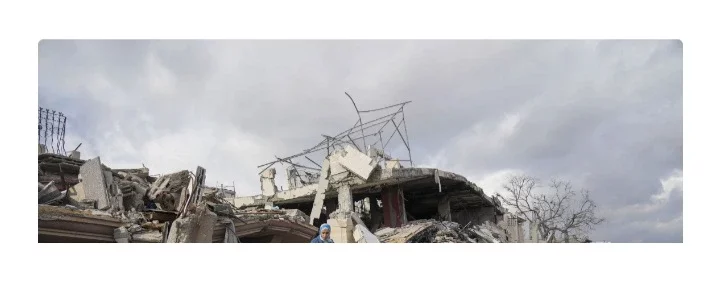
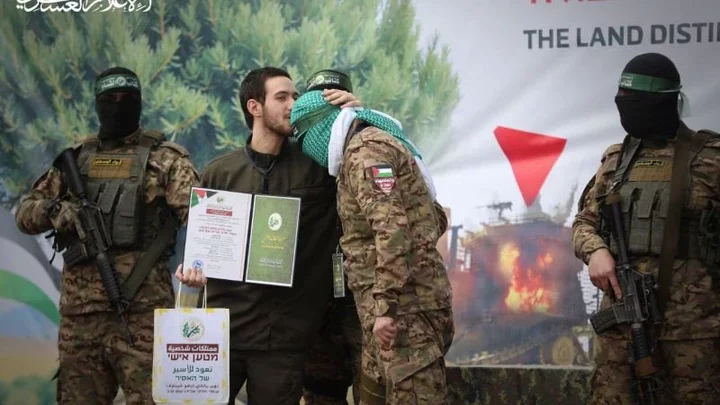
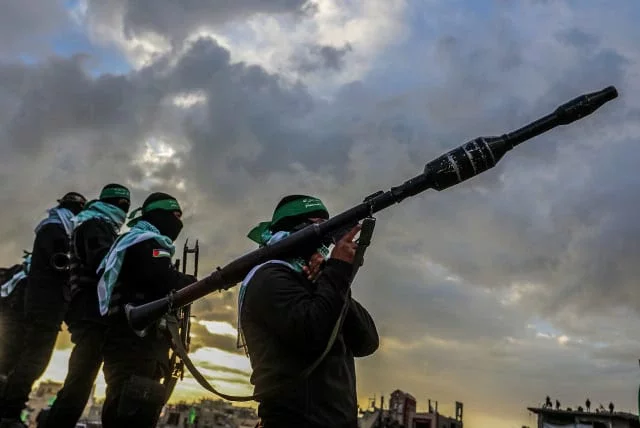
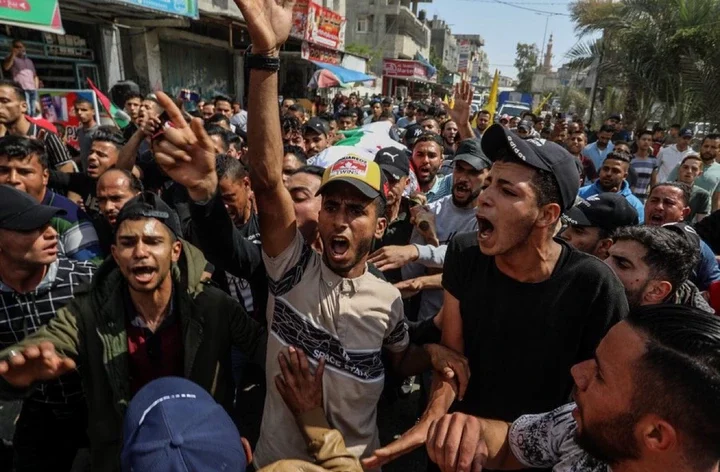




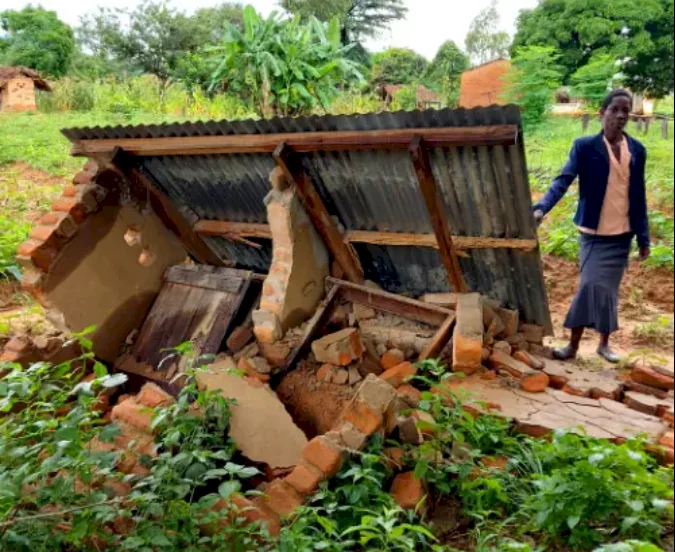





Comments